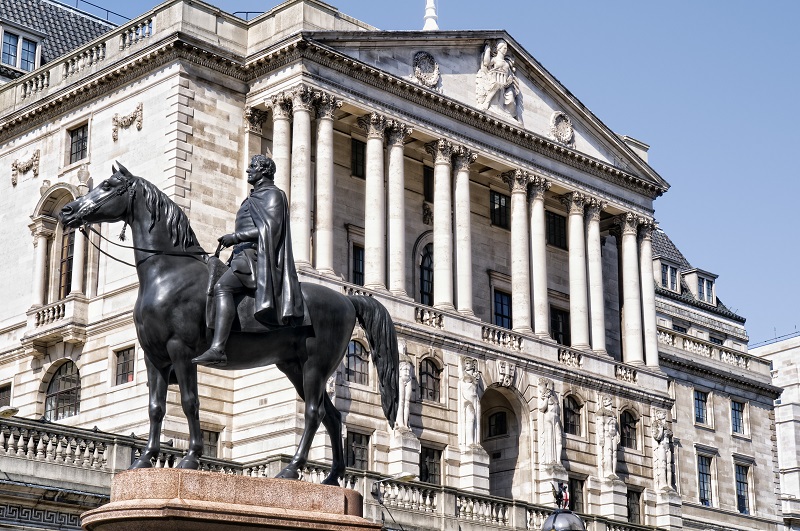What do Bitcoin and Sharia have in common? The Bank of England. In a surprise U-turn, the UK central bank has altered its stance on Bitcoin, publishing a report in support of digital currencies which it says “may reshape the mechanisms for making secure payments.”
The bank’s report also explicitly highlighted the benefits of blockchain technology, which it says holds “considerable promise.”
“This has potentially profound implications for a financial system whose payments mechanism depends on bank deposits that need to be created through credit,” it continues, “Similarly, technology has enabled the emergence of new business models, such as peer-to-peer lending and crowdfunding, which create alternative sources of finance for both individuals and businesses.”
Prior to publication, the UK was a decidedly turgid environment for cryptocurrency, with banks notoriously unreliable in maintaining links with startups in the industry. A shift in perspective by the country’s central bank could not only change domestic behavior, but also set a precedent for other central banking institutions to follow suit.

The BoE further openly stated its intention to consider digital currencies – even bitcoin specifically – in its conception of the future, yesterday tweeting in response to Financial Times’ Tim Harford that:
“Nobody knows what will happen to Bitcoin but persuasive stories about what might, help us think about the future.”
.@TimHarford Nobody knows what will happen to Bitcoin but persuasive stories about what might, help us think about the future #boeresearch
— Bank of England (@bankofengland) February 25, 2015
Meanwhile, UK Chancellor George Osborne was quick to support the bank’s findings Wednesday:
Good that @bankofengland looking into digital currencies – need to ensure UK customers benefit from new tech and #Fintech firms flourish
— George Osborne (@George_Osborne) February 25, 2015
Concerted efforts to embrace new areas of finance such as these are uncommon, and the move regarding digital currencies is seemingly being taken in tandem with other schemes. The UK under-secretary of state for foreign and commonwealth affairs, Tobias Ellwood, said at the Telegraph newspaper’s Middle East Conference Wednesday that London “had ambitions to stand alongside Dubai and Kuala Lumpur as a global hub for Islamic finance,” it reports.
The UK is already the first country in the world to issue an Islamic bond known as Sukuk. The 2014 move involved a bond worth £200 million (US$310.54m) and “was the first step in encouraging wider investment from the region to the City of London.”
The Bank’s activity was predictably widely embraced by the cryptocurrency community and commentators, with a popular Reddit response summarizing that “[a]ny issuance of a centralized, state or big bank run cryptocurrency not only validates Bitcoin, but enhances its worth owing to the enhanced anonymity and decentralized nature of the blockchain.”
Did you enjoy this article? You may also be interested in reading these ones:
